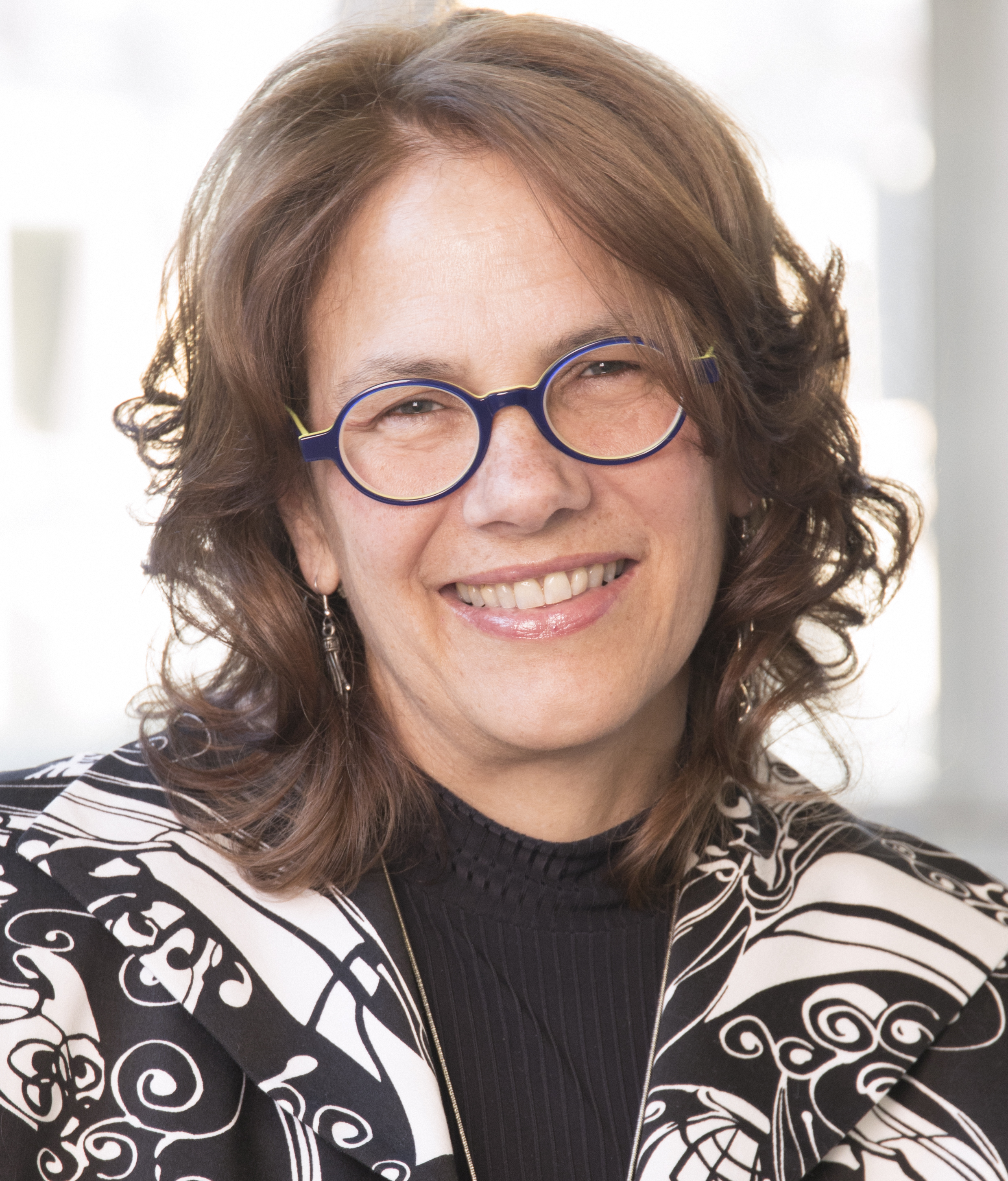World‑Renowned Dalhousie Bioethicist and Battery Pioneer Win Prestigious Killam Prize
By Andrew Riley and Caitlyn MacDonald,
Dal News
| 03. 15. 2022
Françoise Baylis, photo by XhenetaM,
CC BY-SA 4.0, via Wikimedia Commons
Two of Dalhousie’s leading researchers are being honoured with the $100,000 Killam Prize, winning two of the five prestigious awards granted annually by the Killam Trusts.
On Tuesday morning, the Canada Council for the Arts announced Françoise Baylis and Jeff Dahn as 2022 recipients of the honour. Offered to Canadian scholars who have distinguished themselves through sustained distinction and impact in their fields, the Killam Prize is considered the top national award of research excellence.
“It is a historic achievement for our university to have two Killam Prize winners in one year. Drs. Baylis and Dahn are known internationally for advancing knowledge in their fields – areas that promise to shape the way we live in the future,” says Deep Saini, Dalhousie’s president and vice-chancellor.
Drs. Baylis and Dahn are only the fifth and sixth Dalhousie faculty members to receive a Killam Prize since the awards were created in 1981. Biology’s Brian Hall (2005), Philosophy’s Susan Sherwin (2006), Chemistry's Axel Becke (2016), and Medicine's Ford Doolittle (2017)...
Related Articles
By Ava Kofman, The New Yorker | 02.09.2026
1. The Surrogates
In the delicate jargon of the fertility industry, a woman who carries a child for someone else is said to be going on a “journey.” Kayla Elliott began hers in February, 2024, not long after she posted...
By Alex Polyakov, The Conversation | 02.09.2026
Prospective parents are being marketed genetic tests that claim to predict which IVF embryo will grow into the tallest, smartest or healthiest child.
But these tests cannot deliver what they promise. The benefits are likely minimal, while the risks to...
By Lauren Hammer Breslow and Vanessa Smith, Bill of Health | 01.28.2026
On Jan. 24, 2026, the New York Times reported that DNA sequences contributed by children and families to support a federal effort to understand adolescent brain development were later co-opted by other researchers and used to publish “race science”...
By Steve Rose, The Guardian | 01.28.2026
Ed Zitron, EZPR.com; Experience Summit stage;
Web Summit 2024 via Wikipedia Commons licensed under CC by 2.0
If some time in an entirely possible future they come to make a movie about “how the AI bubble burst”, Ed Zitron will...




